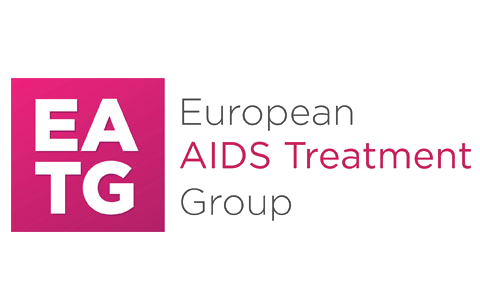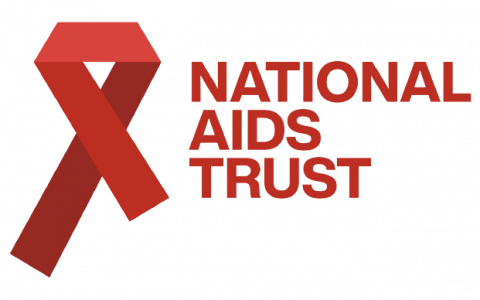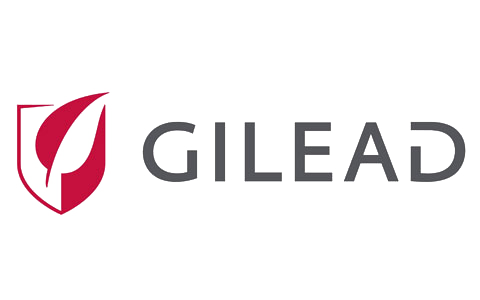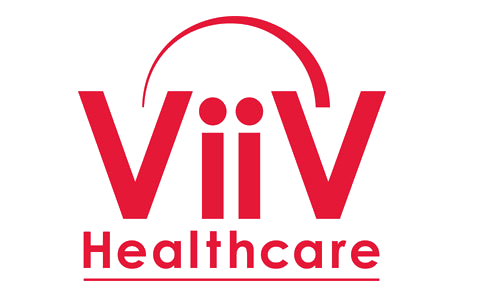
Case Study
Portugal – In.Porto.Me Project
-
Context
The territorial scope of the In.Porto.Me project was the region of Greater Porto; more specifically, the elderly of the municipalities of Porto, Vila Nova de Gaia and Espinho. According to statistical data (INE, 2011), there are 237,560 citizens in this area. More than 50 percent of them have indicators of social vulnerability, namely problems of social and family integration associated with extreme poverty and social exclusion, unemployment, drug abuse, domestic violence and ill-treatment.
Although seniors living with HIV (SLWHA) are relatively invisible, we know this geographical area has the second-highest incidence of HIV in Portugal, although data for this senior population data is rare. It therefore makes sense to try to understand the experience of the elderly in relation to risk and infection to be able to adapt strategies and to maximise results. Given this uncertainty, where we estimate that less than 30 percent of the elderly know their serological status, making it difficult to quantify the population at risk, we follow the recommendation of the “HIV and ageing consensus project: recommended treatment strategies for clinicians with HIV”. According to this, where “providers and patients are unable to reliably estimate HIV risk in older patients, we suggest that primary care providers perform routine, opt-out HIV screening in all adults, regardless of age or individual factors, with repeat HIV screening at least annually in patients at known risk”. (2012).
-
Introduction
In.Porto.Me aimed to combat AIDS in the elderly population in the Oporto region. It used screening, prevention and qualified HIV / AIDS proximity support within this population, reinforcing the institutions’ response to their needs. More specifically, it was intended to reduce the incidence and late diagnosis of HIV among the elderly, but also to provide a closer, more complete follow-up to this public, which is particularly vulnerable to the biopsychosocial impact of infection.
-
Aims
The purpose of In.Porto.Me was to:
- Reduce risk behaviours and raise awareness of HIV;
- Promote early diagnosis and adherence to treatment;
- Improve epidemiological and behavioural awareness of HIV;
- Provide nursing, psychological, social and legal support to be close to those people infected and affected by HIV;
- Understand their needs for HIV prevention, diagnosis, treatment and experience.
At a more inclusive level, In.Porto.Me improved the interaction between the healthcare system and the community. It provided an integrated solution that was geographically close to the diagnosis, treatment and clinical and laboratory follow-up of SLWHA. In addition, it aimed to train seniors and the entire community (including the hospital) on the specific prevention and intervention measures for this population.
-
Method
The project methodology involved the active involvement of the various project stakeholders, i.e. technicians and seniors at several stages. Initially, it relied on two measures; the first approach to SLWHA was in a sequence of measures structured to ensure a consistent response to their needs, but at the same time flexible enough to fit the assessments made. SLWHA were identified and a face-to-face meeting held with the clinical psychologist with a view to characterising health conditions. This covered quality of life and relational / conjugal / family / social context, personal and social needs and resources required. It sought to raise awareness of adherence to treatment and monitoring of their health status through multidisciplinary follow-up. This includes medication delivery, clinical analysis, medical, nursing, psychology, social and / or legal consultations, according to initial assessment and monitoring. The second measure of approach to the senior community sought to raise awareness and mobilise the elderly against HIV through training, screening and pre and post-test counselling. It would also train community mediators to function as peer educators in the different settings that were part of the mobile teams provided for supporting and monitoring SLWHA.
-
Results
Multidisciplinary support for PLWHIV was provided to 180 cases referenced initially and it was reflected in:
- Monitoring of health status through assisted medication, facilitating the understanding for effective therapeutic adherence;
- Psychosocial support provided by the psychologist and the social worker;
- Provision of nursing services in cases of users showing impaired mobility.
More complex cases saw around about four monthly visits made, the simpler cases around one per month. In addition to infected people, psychological support was also provided to family members impacted by the disease.
Risk behaviour assessment and pre- and post-test evaluation were carried out to 1,622 individuals when measuring in the senior community. This led to the priority referral for infectiology consultation to the partner hospital centres where there were positive tests. The post-diagnosis support programme was in the form of monthly one-and-a-half-hour workshops, covering those seniors identified as HIV + (N = 12). The purpose was to share the experience of HIV / AIDS diagnosis, to them to understand the implications of infection and to reflect on the therapeutic options prescribed and to integrate HIV + into the lives of those infected. These were conducted by the project psychologist, with the occasional intervention of nurses and infectious disease specialist. It sought to respond to the feelings of concern, confusion and isolation that arise when confronted with a diagnosis of HIV, allowing participants to voice their concerns. These themes arose the needs of the participants and focused, as predicted, on their reaction to their HIV + diagnosis and on their difficulties in communicating / informing their serological status to the family. They also addressed the physiological reactions of treatment, through the therapeutic options prescribed and, above all, the issues of sexual relationships. Information and awareness sessions were held for in 1,023 seniors the community. In these, the issues of sexuality in seniors were addressed, prevention of STIs in general and HIV / AIDS in particular and the importance of conducting HIV screening /AIDS. In the sessions held after the first moment (which we reported in the interim report), 46 community mediators were formed, who intervened, preparing and streamlining the sessions with the technicians in the community.
-
Recommendations
Any action that sets out impact seniors needs to involve them from the outset. The success of this project was due to their involvement and that of the main beneficiaries, i.e. not only seniors already identified as HIV + but also those unaware of their serostatus. In HIV + seniors, it was particularly important to realize their real needs by the contacts in the vicinity, only facilitated by the involvement of the project technicians with the multidisciplinary teams of the Hospital Centres where these patients are accompanied. The actions implemented with the rest of the senior community were facilitated by the design of sensitization sessions that addressed issues related to various issues other than HIV, but which led to real awareness of early diagnosis.
The monitoring of SLWHIV and the identification of their needs leading to an effective increase in their quality of life led us to create the In.Porto.Me Solidary Office. This is intended as a free space where anonymity and confidentiality are guaranteed in view of the HIV+ and where consultations of various specialties are available. The characteristics of HIV+ and the economic difficulties manifested by the majority of the people we accompany is the primary focus of this approach.







